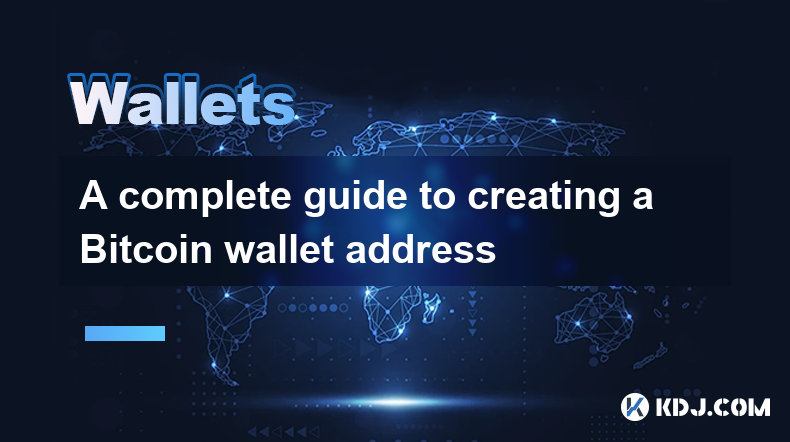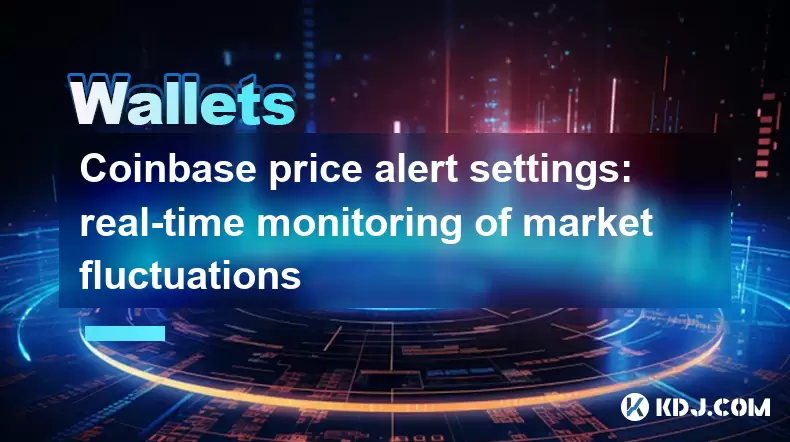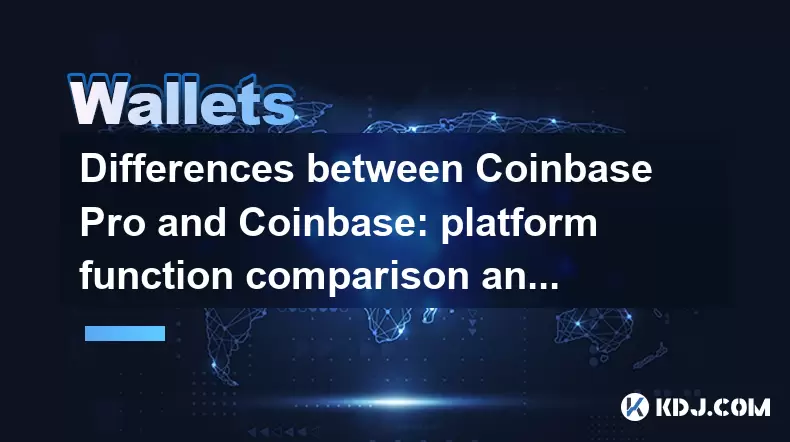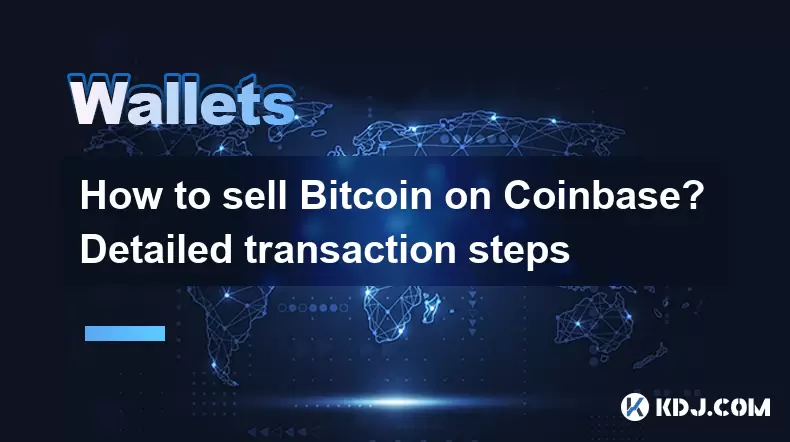-
 Bitcoin
Bitcoin $108,119.2441
0.67% -
 Ethereum
Ethereum $2,453.5972
0.96% -
 Tether USDt
Tether USDt $1.0002
-0.01% -
 XRP
XRP $2.1924
0.16% -
 BNB
BNB $649.9871
0.49% -
 Solana
Solana $151.5089
2.77% -
 USDC
USDC $0.9999
0.00% -
 TRON
TRON $0.2757
0.04% -
 Dogecoin
Dogecoin $0.1647
1.02% -
 Cardano
Cardano $0.5652
0.68% -
 Hyperliquid
Hyperliquid $38.7453
4.64% -
 Bitcoin Cash
Bitcoin Cash $495.2499
-0.34% -
 Sui
Sui $2.8252
3.32% -
 Chainlink
Chainlink $13.4477
2.27% -
 UNUS SED LEO
UNUS SED LEO $9.1413
0.72% -
 Avalanche
Avalanche $18.0719
2.01% -
 Stellar
Stellar $0.2392
0.47% -
 Toncoin
Toncoin $2.8737
1.04% -
 Shiba Inu
Shiba Inu $0.0...01159
1.37% -
 Litecoin
Litecoin $86.7133
1.04% -
 Hedera
Hedera $0.1488
0.33% -
 Monero
Monero $319.1619
1.53% -
 Polkadot
Polkadot $3.4308
2.24% -
 Bitget Token
Bitget Token $4.6349
-0.85% -
 Dai
Dai $1.0000
0.00% -
 Ethena USDe
Ethena USDe $0.9999
-0.03% -
 Uniswap
Uniswap $7.2389
2.16% -
 Aave
Aave $269.9171
5.12% -
 Pi
Pi $0.5335
-0.63% -
 Pepe
Pepe $0.0...09552
1.68%
A complete guide to creating a Bitcoin wallet address
A Bitcoin wallet address is a unique alphanumeric string used to send and receive Bitcoins, generated cryptographically for secure transactions.
Apr 02, 2025 at 04:43 pm

Understanding Bitcoin Wallet Addresses
Before diving into the creation process, it's crucial to understand what a Bitcoin wallet address is. It's essentially a unique identifier, like a bank account number, used to receive and send Bitcoins. Unlike a bank account, however, a Bitcoin wallet address is a string of alphanumeric characters generated cryptographically. It's publicly accessible and can be shared without compromising your private keys, which are crucial for security. Your private key allows you to control and spend your Bitcoins. Losing your private key means losing access to your funds.
Choosing the Right Type of Bitcoin Wallet
There are several types of Bitcoin wallets, each with its own advantages and disadvantages. The choice depends on your technical skills and security needs. Software wallets, installed on your computer or mobile device, offer greater control but require more technical knowledge and carry a higher risk of compromise if not properly secured. Hardware wallets are physical devices that store your private keys offline, offering the highest level of security. Web wallets are accessible online, offering convenience but potentially sacrificing security. Paper wallets store your public and private keys on a printed piece of paper, offering offline security but are susceptible to physical damage or loss.
Creating a Bitcoin Wallet Address: Software Wallet Method
Creating a Bitcoin wallet address using software involves downloading and installing a wallet application. Many reputable options are available, offering varying levels of functionality and security. The process typically involves downloading the software, installing it, and then setting up a new wallet. The wallet software will then generate a unique Bitcoin address for you. This address is displayed within the wallet interface. Remember to back up your seed phrase – a crucial recovery mechanism if you lose access to your wallet. This seed phrase is a list of words that can be used to restore your wallet and access your funds.
Creating a Bitcoin Wallet Address: Hardware Wallet Method
Hardware wallets offer a higher level of security. The process involves purchasing a hardware wallet device from a reputable vendor. Once you receive the device, you'll need to connect it to your computer and follow the manufacturer's instructions to set up a new wallet. The device will generate a unique Bitcoin address, which will be displayed on the device's screen. Never share your private keys or seed phrase with anyone, and keep your hardware wallet secure.
Creating a Bitcoin Wallet Address: Web Wallet Method
Web wallets are convenient but require caution. Choose a reputable and well-established web wallet provider. The process typically involves creating an account with the provider, verifying your identity (if required), and then generating a new wallet. The web wallet provider will then generate a unique Bitcoin address for you. However, remember that web wallets are susceptible to hacking, so choose your provider carefully and practice good security habits.
Creating a Bitcoin Wallet Address: Paper Wallet Method
Creating a paper wallet involves generating a Bitcoin address and its corresponding private key offline using specialized software. This method offers excellent security as your keys are never exposed to the internet. However, it requires technical expertise and careful handling to avoid damage or loss. Once generated, print your public and private keys securely, storing them in a safe and inaccessible place. Never store your paper wallet digitally, and always ensure it's physically protected.
Security Best Practices for Bitcoin Wallet Addresses
Regardless of the wallet type, several security best practices should be followed. Always use strong passwords and enable two-factor authentication whenever possible. Regularly back up your wallet and store your backup securely. Be wary of phishing scams and only download wallet software from official sources. Never share your private keys or seed phrase with anyone. If you suspect your wallet has been compromised, act immediately to secure your funds. Consider using a password manager to securely store your passwords.
Understanding Public and Private Keys
A crucial aspect of Bitcoin wallets is the distinction between public and private keys. Your public key is like your bank account number; it's used to receive Bitcoin payments and can be shared publicly. Your private key is like your bank PIN; it's kept secret and allows you to spend your Bitcoins. Never share your private key with anyone. Losing your private key means irreversible loss of access to your funds.
Frequently Asked Questions
Q: What is a Bitcoin wallet address?
A: A Bitcoin wallet address is a unique identifier, like a bank account number, used to receive and send Bitcoins. It's a string of alphanumeric characters generated cryptographically.
Q: Are all Bitcoin wallet addresses the same?
A: No, each Bitcoin wallet address is unique and generated randomly, ensuring that transactions are properly attributed to the correct recipient.
Q: How do I choose the right Bitcoin wallet?
A: The choice depends on your technical skills and security needs. Software, hardware, web, and paper wallets offer varying levels of security and convenience.
Q: What is a seed phrase, and why is it important?
A: A seed phrase is a list of words used to recover access to your wallet if you lose your device or access to your software. It is crucial to back it up securely.
Q: Is it safe to use a web wallet?
A: Web wallets are convenient but potentially less secure than hardware or software wallets. Choose reputable providers and practice good security habits.
Q: What should I do if I lose my private key?
A: Losing your private key means irreversible loss of access to your Bitcoin. There's no way to recover it. This highlights the importance of securely backing up your seed phrase.
Q: Can I have multiple Bitcoin wallet addresses?
A: Yes, you can have multiple addresses within a single wallet. This can be useful for organizing funds or enhancing privacy.
Q: How can I protect my Bitcoin wallet from hacking?
A: Use strong passwords, enable two-factor authentication, regularly update your software, be wary of phishing scams, and never share your private keys.
Disclaimer:info@kdj.com
The information provided is not trading advice. kdj.com does not assume any responsibility for any investments made based on the information provided in this article. Cryptocurrencies are highly volatile and it is highly recommended that you invest with caution after thorough research!
If you believe that the content used on this website infringes your copyright, please contact us immediately (info@kdj.com) and we will delete it promptly.
- Bitcoin Wallets: Safeguarding Your Cryptocurrency Assets Like a New Yorker
- 2025-06-29 16:50:12
- Dogwifhat, Crypto Rally, and the Unexpected Challenger: A Meme Coin Mania?
- 2025-06-29 16:30:12
- Pi Network's Token Unlock: Sell-Off Fears or Future Fuel?
- 2025-06-29 16:30:12
- Altcoin Update: Vitalik Buterin on Major Changes in Governance and Digital Identity
- 2025-06-29 17:07:13
- Stablecoins, Crypto, and Ethereum: A 2025 Perspective
- 2025-06-29 17:30:12
- Altcoins in Focus: Remittix Steals the Show as Pepe Coin Gains Traction
- 2025-06-29 17:30:12
Related knowledge

Coinbase price alert settings: real-time monitoring of market fluctuations
Jun 29,2025 at 07:00am
Setting Up Coinbase Price AlertsTo begin real-time monitoring of market fluctuations on Coinbase, users can utilize the built-in price alert feature. This function allows you to receive notifications when a cryptocurrency reaches a specific price point. To access this setting, open the Coinbase app or log in via the web platform. Navigate to the 'Prices...

How to stake cryptocurrencies on Coinbase? Benefits and risks
Jun 27,2025 at 06:36pm
Understanding Cryptocurrency Staking on CoinbaseStaking cryptocurrencies involves locking up digital assets to support the operations of a blockchain network, typically in return for rewards. Coinbase, one of the most popular cryptocurrency exchanges globally, offers staking services for several proof-of-stake (PoS) coins. Users can stake their holdings...

Differences between Coinbase Pro and Coinbase: platform function comparison and analysis
Jun 29,2025 at 08:21am
Overview of Coinbase and Coinbase ProWhen exploring the cryptocurrency trading landscape, users often encounter two platforms under the same parent company: Coinbase and Coinbase Pro. While both are operated by the same organization, they cater to different types of users and offer varying features. Coinbase is primarily designed for beginners and casua...

How to contact Coinbase customer service? Support channels and response times
Jun 28,2025 at 01:29pm
Contacting Coinbase Customer Service: Support Channels and Response TimesIf you're a user of Coinbase, reaching their customer service team may become necessary for various reasons, such as account verification issues, transaction disputes, or technical difficulties. Understanding the different support channels available and what to expect in terms of r...

Coinbase advanced trading function usage tutorial: limit orders and market orders
Jun 28,2025 at 09:07pm
Understanding the Difference Between Limit Orders and Market OrdersWhen using Coinbase's advanced trading features, it is crucial to understand the fundamental difference between limit orders and market orders. A market order executes immediately at the best available price on the market. This type of order ensures that your trade goes through quickly, ...

How to sell Bitcoin on Coinbase? Detailed transaction steps
Jun 29,2025 at 04:22am
Setting Up Your Coinbase Account for TransactionsBefore you can sell Bitcoin on Coinbase, you must ensure your account is fully set up and verified. Coinbase requires identity verification to comply with regulatory standards. This process involves uploading a government-issued ID, confirming your address, and sometimes submitting a selfie holding the ID...

Coinbase price alert settings: real-time monitoring of market fluctuations
Jun 29,2025 at 07:00am
Setting Up Coinbase Price AlertsTo begin real-time monitoring of market fluctuations on Coinbase, users can utilize the built-in price alert feature. This function allows you to receive notifications when a cryptocurrency reaches a specific price point. To access this setting, open the Coinbase app or log in via the web platform. Navigate to the 'Prices...

How to stake cryptocurrencies on Coinbase? Benefits and risks
Jun 27,2025 at 06:36pm
Understanding Cryptocurrency Staking on CoinbaseStaking cryptocurrencies involves locking up digital assets to support the operations of a blockchain network, typically in return for rewards. Coinbase, one of the most popular cryptocurrency exchanges globally, offers staking services for several proof-of-stake (PoS) coins. Users can stake their holdings...

Differences between Coinbase Pro and Coinbase: platform function comparison and analysis
Jun 29,2025 at 08:21am
Overview of Coinbase and Coinbase ProWhen exploring the cryptocurrency trading landscape, users often encounter two platforms under the same parent company: Coinbase and Coinbase Pro. While both are operated by the same organization, they cater to different types of users and offer varying features. Coinbase is primarily designed for beginners and casua...

How to contact Coinbase customer service? Support channels and response times
Jun 28,2025 at 01:29pm
Contacting Coinbase Customer Service: Support Channels and Response TimesIf you're a user of Coinbase, reaching their customer service team may become necessary for various reasons, such as account verification issues, transaction disputes, or technical difficulties. Understanding the different support channels available and what to expect in terms of r...

Coinbase advanced trading function usage tutorial: limit orders and market orders
Jun 28,2025 at 09:07pm
Understanding the Difference Between Limit Orders and Market OrdersWhen using Coinbase's advanced trading features, it is crucial to understand the fundamental difference between limit orders and market orders. A market order executes immediately at the best available price on the market. This type of order ensures that your trade goes through quickly, ...

How to sell Bitcoin on Coinbase? Detailed transaction steps
Jun 29,2025 at 04:22am
Setting Up Your Coinbase Account for TransactionsBefore you can sell Bitcoin on Coinbase, you must ensure your account is fully set up and verified. Coinbase requires identity verification to comply with regulatory standards. This process involves uploading a government-issued ID, confirming your address, and sometimes submitting a selfie holding the ID...
See all articles

























































































